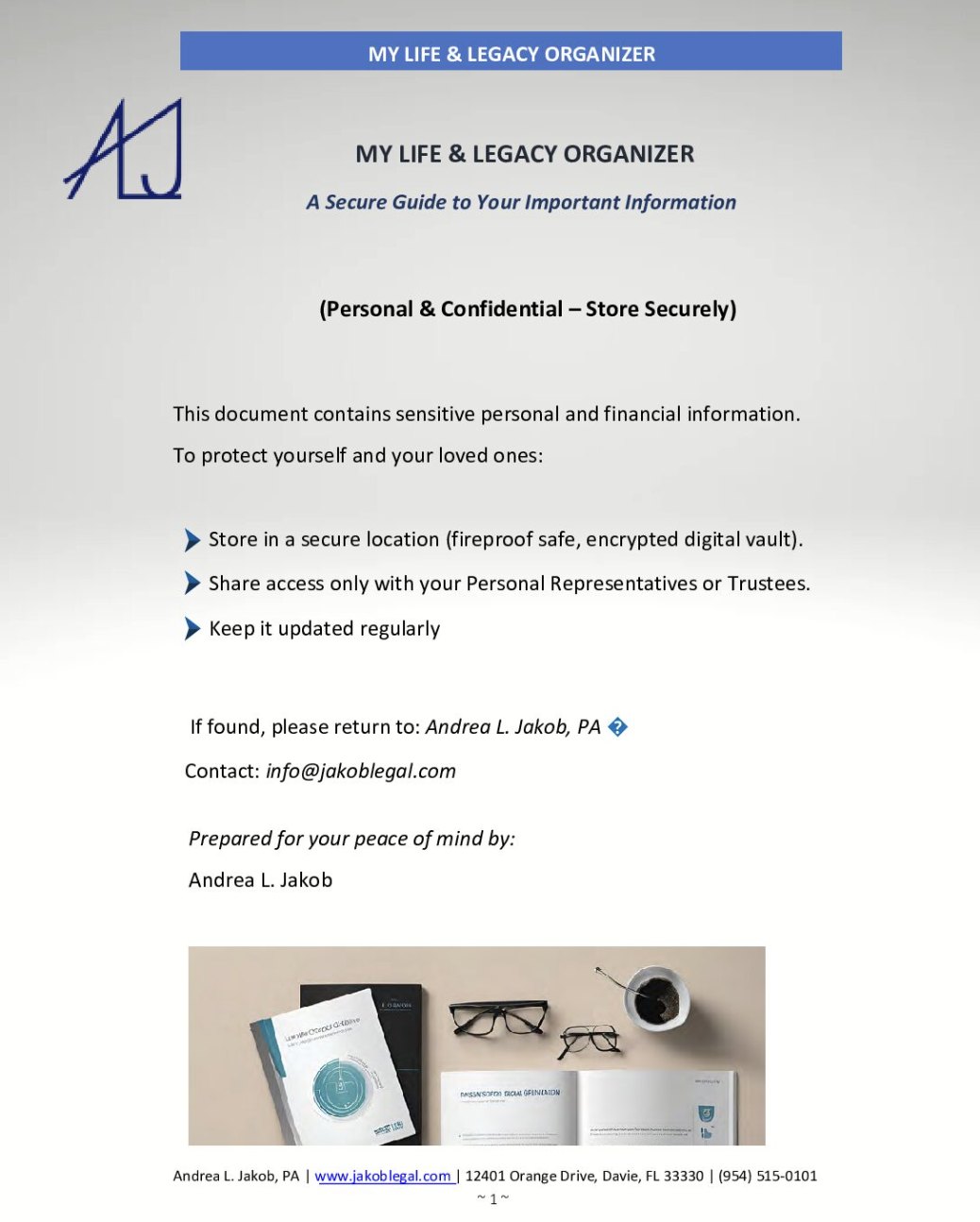Is Outright Distribution the Perfect Fit for Your Loved Ones?
Although Americans are living longer and spending more time—and money—in retirement, many parents intend to leave an inheritance to their children. The exact amount can vary greatly depending on individual circumstances and wealth levels, but even a small inheritance can be meaningful and help set a child up for long-term financial success, provided they are ready to handle it, which may not be the case.
Most families fail to discuss wealth transfers to ensure that younger generations are prepared for an inheritance. Parents need to decide how they want to pass their assets (accounts and property) to their children and other beneficiaries so they can plan the transfer in a way that fits their goals and their loved ones’ abilities to manage their inheritance. The wealth transfer process includes deciding whether to leave a loved one an outright inheritance or to pass their wealth down in a more controlled manner.
Pros and Cons of an Outright Inheritance
Over the next 20 years, an estimated $84 trillion in assets is expected to change hands from older Americans to younger Americans in what financial experts are calling the “Great Wealth Transfer.”
According to a USA Today survey, about 76 percent of Americans receiving an inheritance say they plan to save or invest it, 40 percent say they will use it to pay off debt, and 21 percent want to leave the money to their children.
Another survey found that, among those expecting to receive an inheritance, 50 percent consider it “highly critical” or “critical” to their long-term financial security and retirement.
The most straightforward way to transfer wealth is by outright distribution. An outright distribution is fast and simple, and there are typically no fees associated with it. There are also no strings attached. When a beneficiary receives an outright distribution, they are free to use, sell, or manage the money and property however they want, with no conditions, restrictions, or oversight.
However, an outright inheritance may not be in the beneficiaries’ best interest. For someone unprepared to handle an inheritance, not only could the money fail to solve their financial problems, but it could also worsen them or lead to new ones.
In spite of their best intentions to budget, invest, and responsibly spend an inheritance, your loved ones could just as easily squander it on impulse purchases, risky investments, or financial scams.

